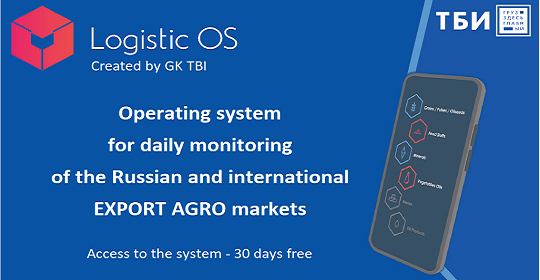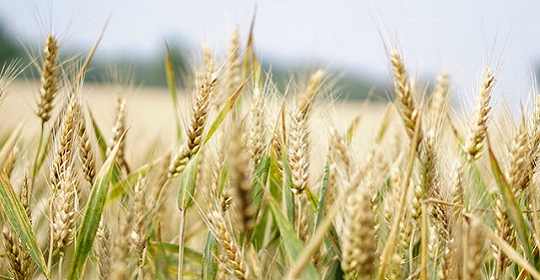The Russian Grain Union (RGU) recently turned to the Russian authorities with a proposal to urgently reform the regulation of the industry.
Letters containing specific wishes were sent to Russian President Vladimir Putin, Prime Minister Mikhail Mishustin and Agriculture Minister Dmitry Patrushev.
Chaotic regulation destroys the market
One of the main complaints about the current state of affairs is uncertainty.
For example, oil producers are afraid to immediately buy large quantities from seed producers, because they are not sure that they will be able to profitably sell their oil.
The floating export duty on it is the first element of uncertainty, and the unpredictably imposed quotas are the second.
As a result, it is impossible to be sure whether it will be possible to sell products and at what price.
As a result, oil producers do not want to take risks at all and do not buy crops from seed producers. It has to be stored in the warehouses of the latter in huge volumes, and in addition, the supply begins to significantly exceed demand.
This may eventually force farmers to reduce prices and sell their sunflower, soybeans and rapeseed almost below cost.
If this happens, then the question will arise about the impossibility of repaying loans, the unprofitability of the business, the inexpediency of its development in the coming years and the increase in yields.
This year, for example, the harvest is very good — about 26 million tons, plus there are unsold leftovers from last season.
As a result, the farmers’ warehouses are almost 100% full, and no one is in a hurry to buy up the harvest.
What does RGU offer?
Abolish export duties for the period from March 1 to September 1, 2023.
We are talking about the volume of about 6 million tons of seeds. This would allow to solve the problem with excess harvest, as well as to fill the budget of producers.
Give buttermakers preferential loans at a rate of no more than 2% per annum so that they can spend them on buying seeds and renting storage facilities.
Money could be taken from the same duties levied on exporters.
At the moment, despite the record harvest, oil exports may amount to 2.88 million tons instead of 3.2 million tons. High duties and chaotic quotas discourage producers from selling their goods for export, despite high world prices.
By the way, with regard to the stability of the domestic market, the problem is greatly inflated, according to the RGU.
A person needs about 12 kg of oil per year, so the increase in prices for it will not hit the budget that much, and the government has tools to regulate domestic prices, in addition to export quotas.
There is no word yet on what the government’s reaction will be. But if nothing is done, the situation in the sector could deteriorate significantly, experts say.

